
Not miraculous, AI-generated
A timely Opinion piece in The New York Times by David French sheds greater light on why so many Evangelical Christians fervently believe in Donald Trump.
In 1998, during the Clinton-Lewinsky scandal, Evangelical leaders issued a public statement declaring that “character counts” and that “the President’s personal morality is not private.” The message was clear: integrity matters—especially for those who follow the teachings of Jesus.
But something happened when Donald Trump glided down that escalator. He launched a campaign with bluster and grievance and . . . Evangelicals didn’t flinch. Not an eyebrow raised. Not a whisper of doubt.
Despite a laundry list of personal misconduct—multiple affairs, crude language, conspiracies and falsehoods—Trump captured more than 80 percent of the white Evangelical vote. That support has remained consistent. In 2024, that numbered climbed to 82 percent of white Evangelicals, compared with just 40 percent of the rest of the electorate.
What distorted their sense of right and wrong?
The coalition between Evangelicals and politics didn’t begin with Trump. In 1980, they supported Ronald Reagan over Jimmy Carter—choosing a divorced, infrequent churchgoer over a devout Sunday school teacher. The justification? Policy alignment on abortion, school prayer, and growing resistance to what they saw as moral decline.
But Trump’s bond with Evangelicals goes beyond political convenience. As French writes, “Trump may have been better attuned to conservative evangelical culture than any other Republican president in the modern era.” His appeal isn’t an accident. It reflects a particular strain of theology that glorifies wealth, power, and dominance.
French points to Paula White, Trump’s spiritual adviser, who promised “seven supernatural blessings” in exchange for a $1,000—or more—donation to her ministry. Donors would receive not just blessings, but a Waterford crystal cross and a personal guardian angel. (Well, if it worked for Jimmy Stewart in Wonderful Life, the check is in the mail, especially if she’s like the one above.)
What’s most concerning, however, is the theology driving a fast-growing segment of American Christianity known as the independent charismatic movement—a realm where spiritual “anointing” is used to bypass accountability, pastors operate without oversight, and prosperity is mistaken for proof of God’s blessing.
In this culture, Trump’s excesses aren’t a liability—they’re a mark of strength. As French puts it, “They don’t see a despot or a tyrant or a grifter. They see a president taking the form of a pastor they love.”
This immaculate contradiction is not just political. It’s theological.
Jesus taught humility, compassion, truthfulness, and care for the poor. How does that square with a leader who mocks the vulnerable, spreads falsehoods, and once said, “Why do I have to repent or ask for forgiveness, if I’m not making mistakes?” (That must’ve been between Matthew and Mark)
Nonetheless, many younger Evangelicals are shifting away from political tribalism and toward justice, dignity for all, and help for the neediest—values just as deeply rooted in Scripture.
But the damage runs deep. Trust has been broken. And accountability is no where to be seen.
The great contradiction isn’t just about whom Evangelicals have supported. It’s about what they’ve surrendered: moral clarity, ethical consistency, and the courage to stand for values they once claimed were non-negotiable.
If there is to be a return to integrity in public life—and a restoration of trust in moral leadership—it must begin where all meaningful change does: with humility, repentance, and a re-commitment to the values that matter most.
Comments
Leave a Comment



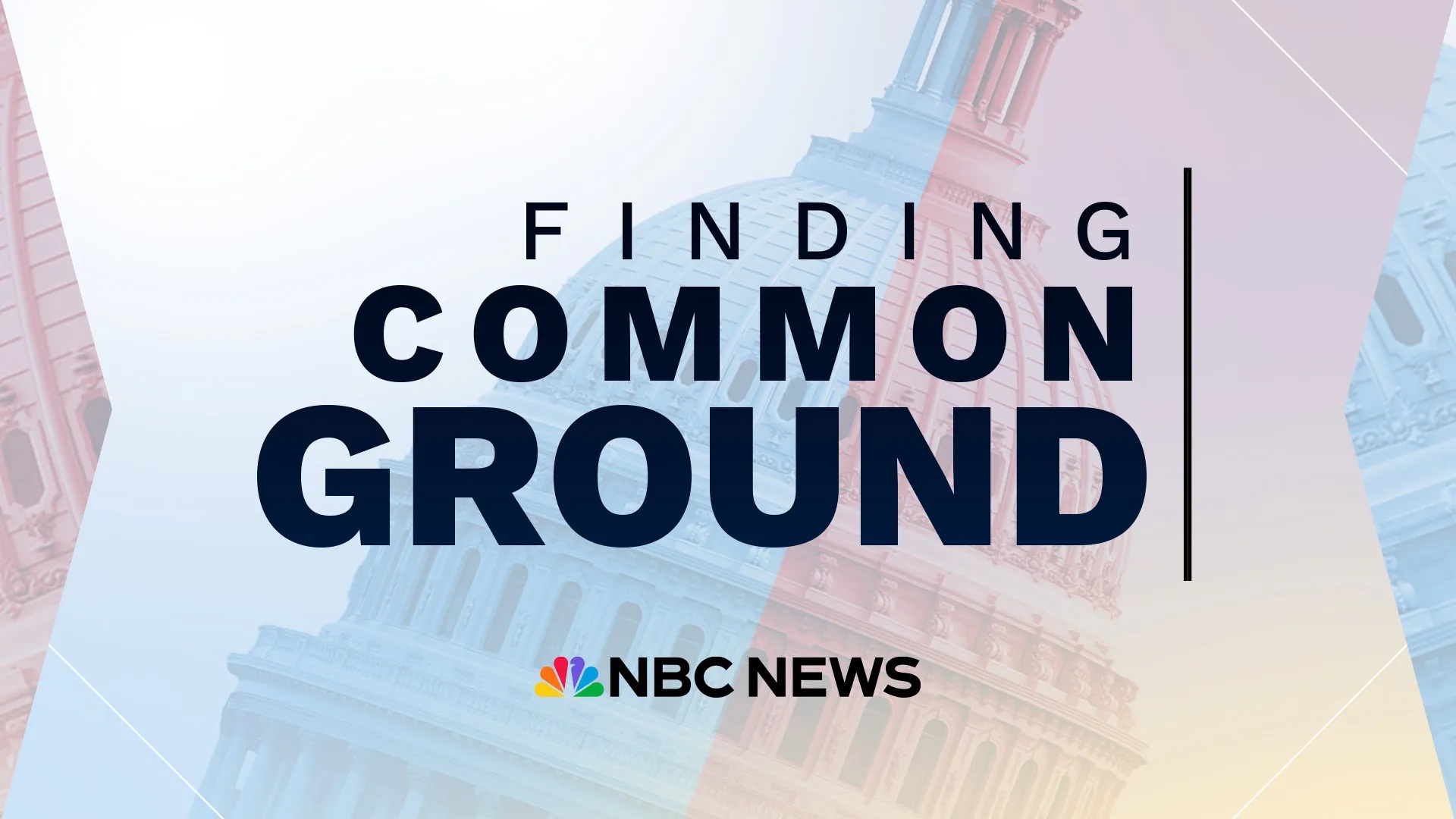
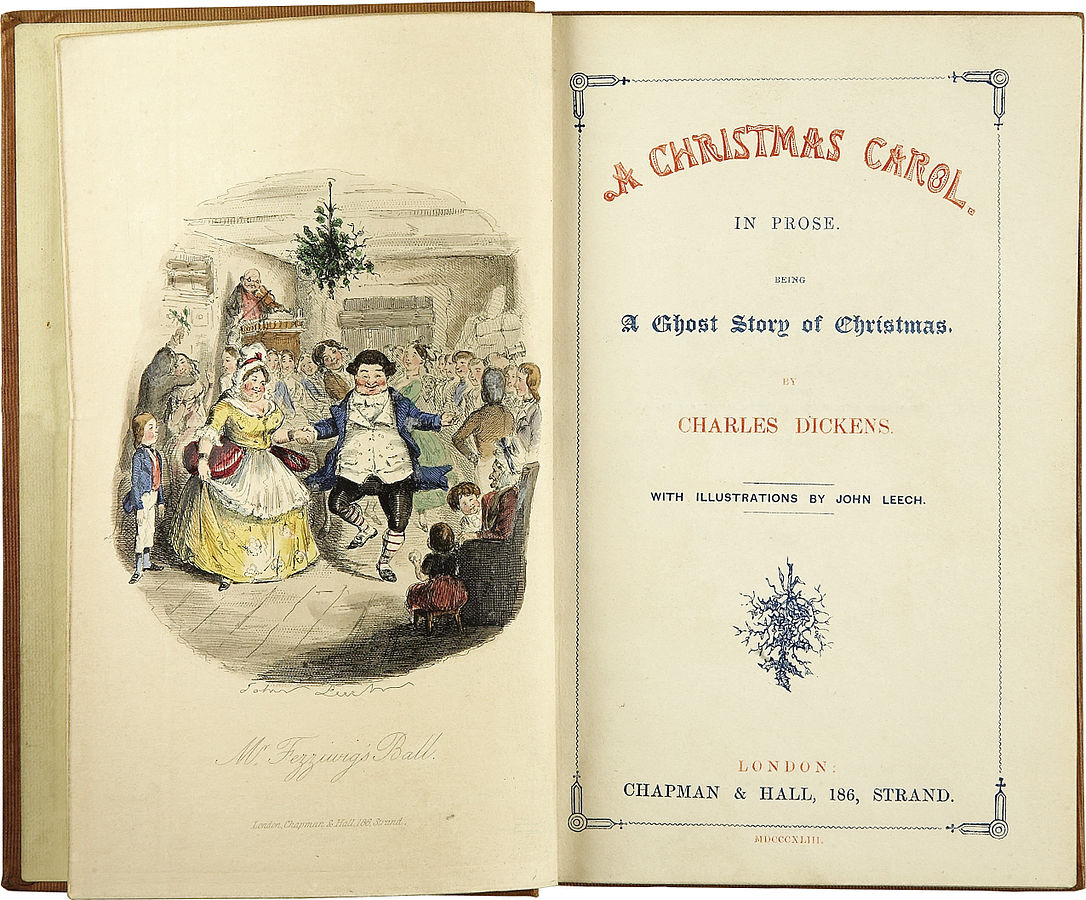
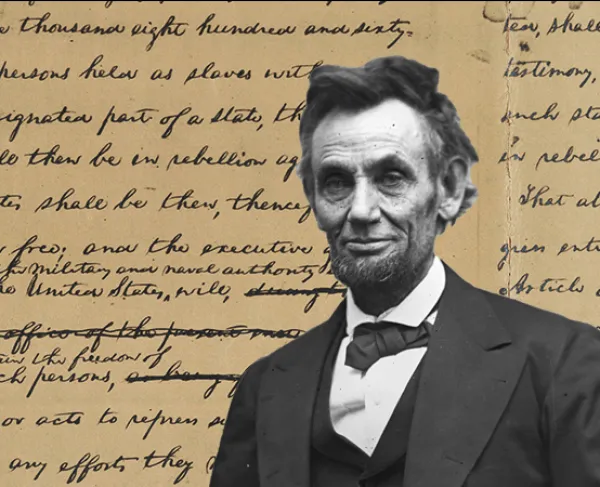
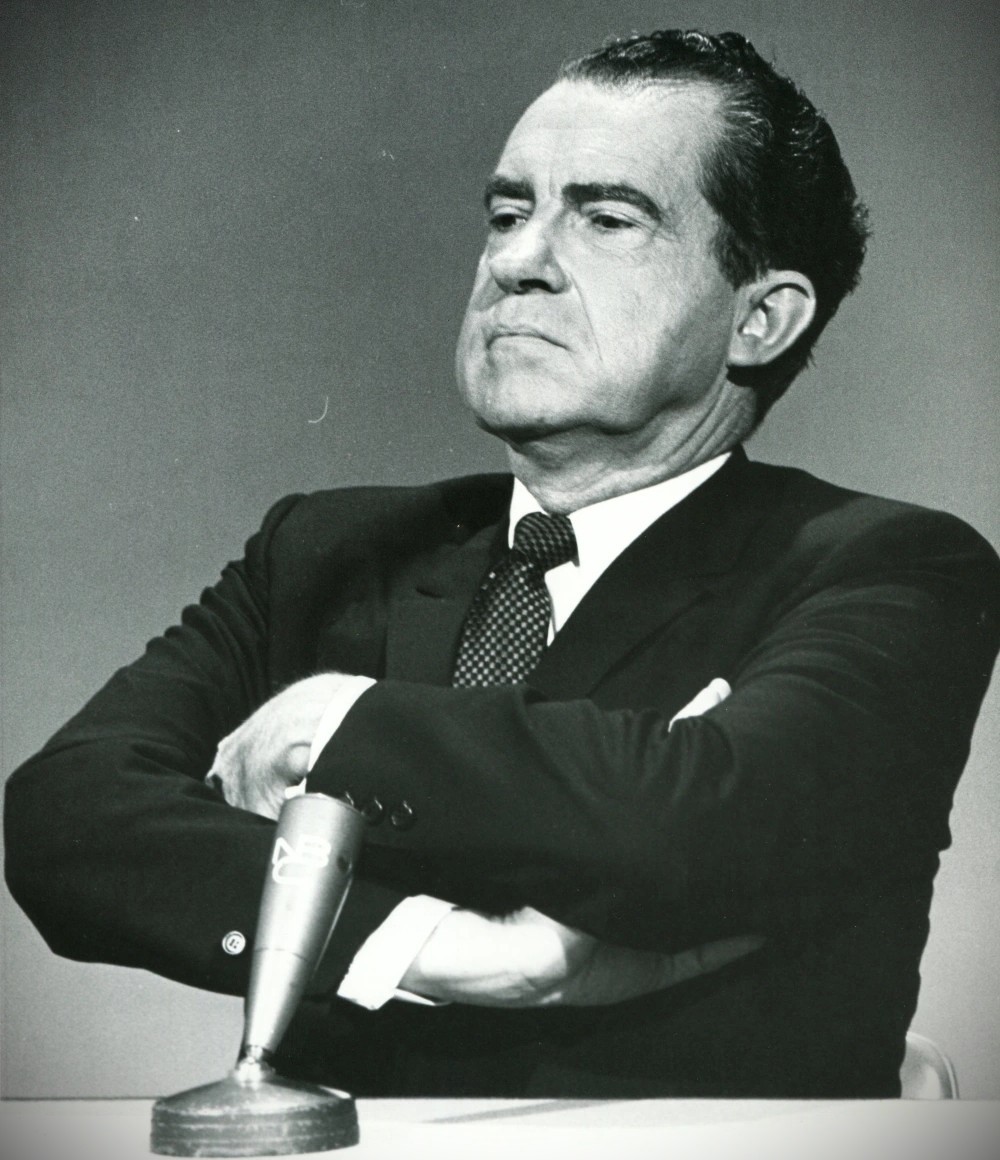
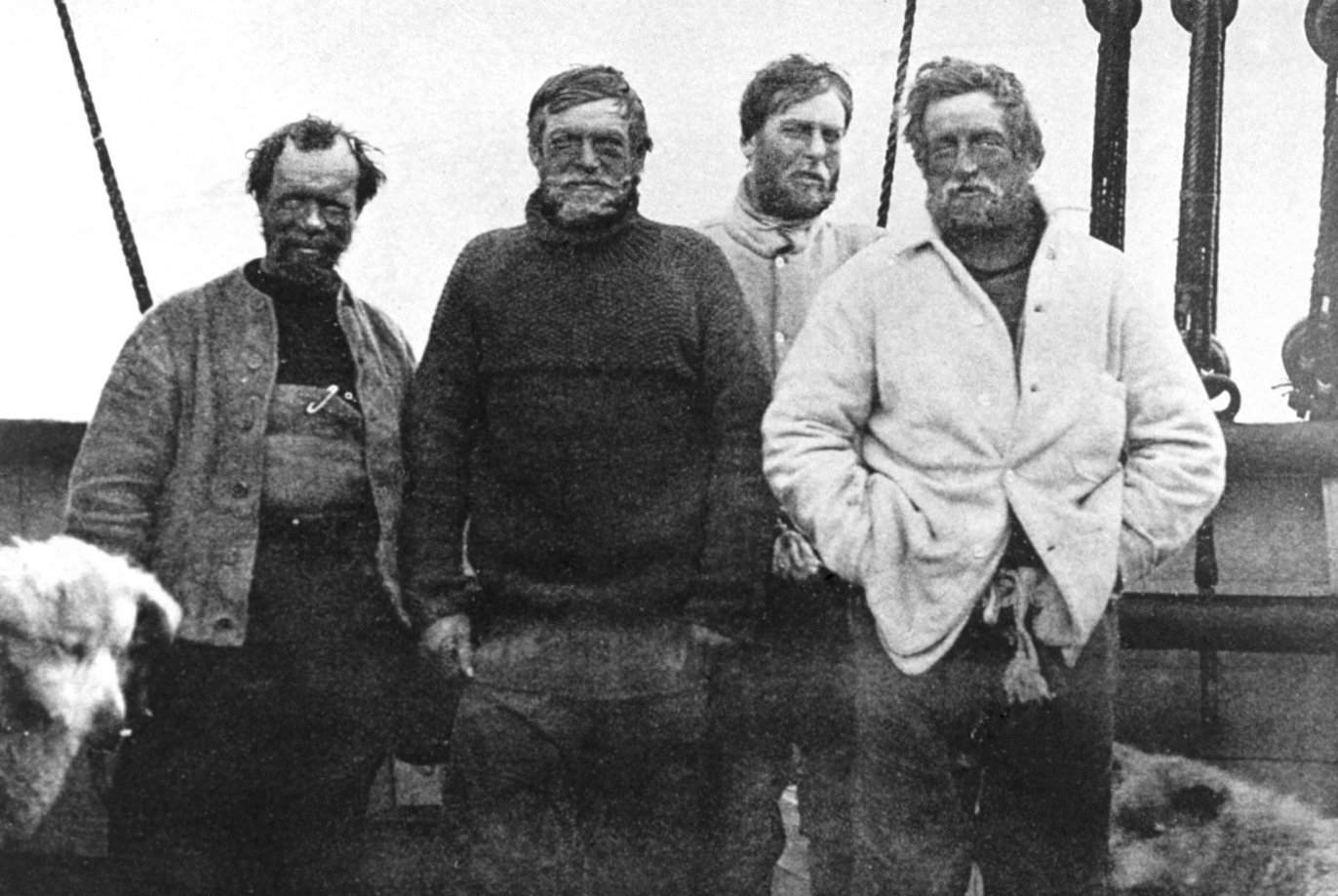





“Spiritual anointing “
That makes a very sad connection!
Great information Jim.